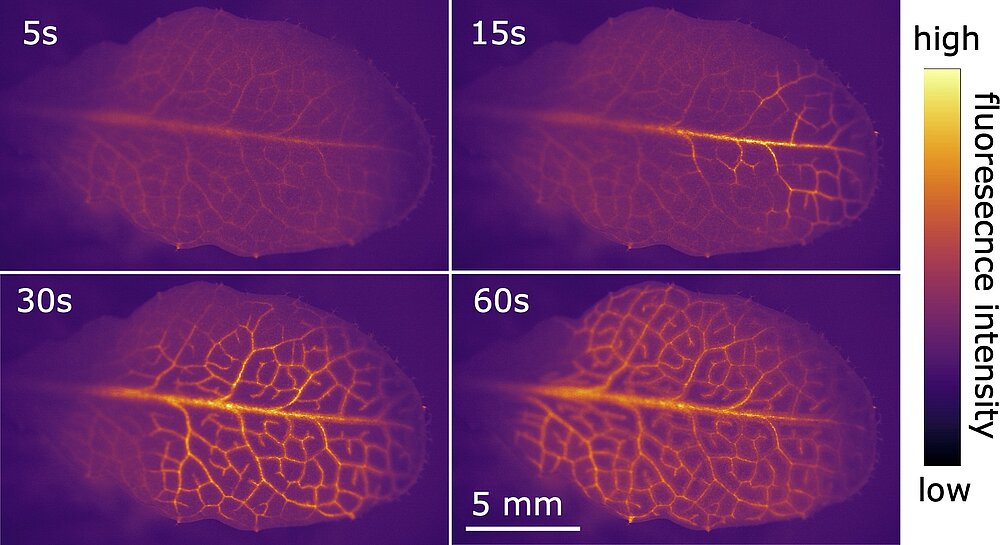Teaching Activities
Bachelor
In the bachelor biology program our research group participates to the 1st semester module “The Cell” and organizes a key qualification course in the 4th semester with the topic: “Gene technology and its acceptance by the society”. In later semesters, we offer practical courses that focus on the regulation of membrane transport in plant cells. Finally, an extended practical course is provided, which can be used by the student as a foundation for the bachelor thesis.
1th Semester
Lectures and practical course on “macro molecules” in the module "The Cell “
All living creatures depend on “macro molecules”, as building blocks for growth and reproduction. In a lecture series at the start of the 1st semester the most important macro molecules (such as Proteins, DNA and RNA) are introduced, and their chemical and bio-physical properties are discussed.
4th Semester
Key qualification „Gene technology and its acceptance by the society “
New inventions, or scientific developments, often encounter skepticism in the society, or even are radically rejected. In this key qualification, we discuss the reasons why certain gene technological techniques are accepted by the society, whereas others are banned.
4th-6th Semester
Practical course for advanced students “How are signals transmitted by animal and plant cells – Illumination by Biosensors "
A large variety of biosensors has been developed that make use of fluorescent, luminescent, or electrical signals, to study biological processes. In this practical course, students learn to work with several biosensors that are commonly used in plant and animal research. The sensors detect signals such as changes in the cytosolic calcium concentration, or reactive oxygen species levels, or measure ion currents and fluxes. During the bachelor thesis research, these techniques are used to study ion transport in plant cells in further depth, each student being able to develop his/her own project.

Master programme
Lecture series
Our research group offers courses in the master program biology, focus area 3. These courses are organized by the departments; botany I, botany II and pharmaceutical biology. In the winter term the lecture series “Biophysics and Biochemistry” features lectures on modern techniques in biophysics and biochemical research. In the frame of this lecture series, I focus on the use of microscopy techniques, which are used to study plant cells, organelles and single proteins.
Biophysics of plant membrane proteins, F1 and F2
Practical courses in the master program “biophysics of plant membrane proteins” will be linked to our current research projects. Based on these projects, the research topic of the practical course will be chosen and a working hypothesis will be postulated. The experiments will be conducted in our laboratories using whole tissue, or single cell techniques that are supervised by the group leader and PhD-students. The extended F2 course can be used to elaborate the experimental work of the F1 project and extend to a master thesis.








